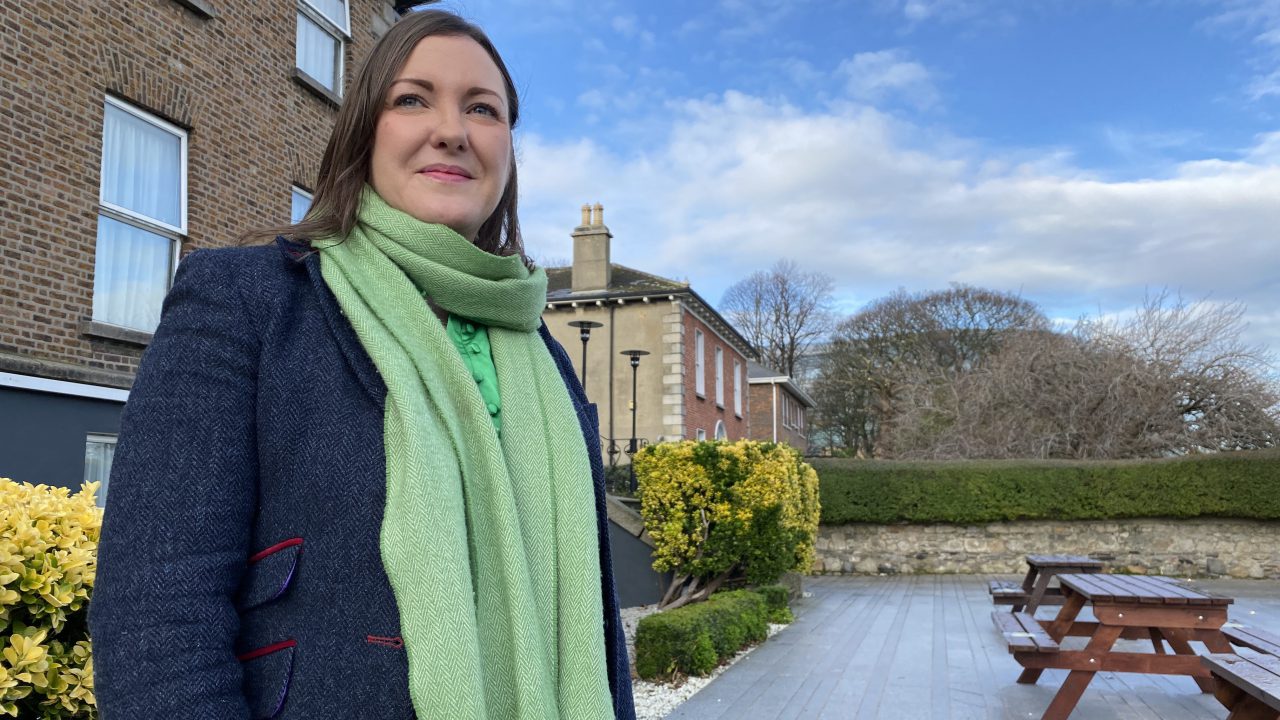The Veterinary Council of Ireland (VCI) and its equivalent UK regulatory body, the Royal College of Veterinary Surgeons (RCVS), has issued advice on preparations for the end of the Brexit transition period.
In a recent interview with AgriLand, CEO of the VCI, Niamh Muldoon, discussed the importance of ensuring that those who wish to study or work in the UK and further afield have access to do so, commending the “resilience and commitment” of those who embark on such a journey abroad.
Brexit-ready
On October 31, 2019, a ‘Mutual Qualification Recognition Agreement’ between the two bodies was signed by the president of the VCI and the president of the RCVS.
According to the VCI and RCVS, this was done to “ensure continued accessibility for practitioners seeking registration in the Republic of Ireland and the UK”.
“This agreement means that the degree in veterinary medicine from University College Dublin [UCD] can be recognised by the RCVS and the current eight RCVS-recognised UK veterinary medicine degrees can be recognised by the VCI.
“The recognised qualifications are accepted as the basis for registration to practise veterinary surgery by the RCVS in the UK and veterinary medicine by the VCI in the Republic of Ireland.”
The option remains open to any veterinary practitioner with a recognised qualification in veterinary medicine from UCD or an accredited programme in the UK to apply to register in the other jurisdiction.
‘Help in meeting demands in terms of veterinary services’
Speaking with AgriLand about these qualifications, CEO of the VCI, Niamh Muldoon, said that regardless of Brexit, the “relationship and close link” between the VCI and RCVS will remain.
As there is only one veterinary medicine course in the Republic of Ireland, in UCD, the points are high as places are highly sought after. As a result, a number of students go abroad each year to study.
“We are fortunate to have a good relationship with our neighbours in the UK, and indeed across Europe, where we see large numbers of Irish students heading across to qualify there,” Muldoon told AgriLand.
“For those who embark on their studies abroad, it is a big commitment.
But, what is great to see is that you might have 20 or 25 Irish students graduating from these courses and the indication is that nearly all return home and practise here and that, for me, is a really good sign.
“And actually, in truth, that helps in meeting demands in terms of vet services across the country. For them, it is very important to ensure they can continue studying and working where they wish post-Brexit.”
‘It shows resilience and commitment’
Muldoon acknowledged that, for anybody who does not get the course of their choice in Ireland, there is a big impact not only on the individual, but on the whole family financially and otherwise to move abroad to study.
“It shows the resilience and that commitment we see in our vets and nurses – it is not easy to go abroad to study but they do it,” Muldoon continued.
We’re very fortunate to have a course of the quality that we do here in Ireland, but it comes down to competition for places.
“The demand every year, that’s in part a CAO [Central Applications Office] issue. It is certainly not a bad thing to see such interest in the professions.”
Valid registration
To practise veterinary medicine, a veterinary practitioner must be registered in the jurisdiction in which they are practising.
This service allows registered veterinary practitioners to occasionally practise in other countries in the EU for short periods, up to a maximum of 30 days per year.
From January, the directive will no longer apply to practitioners from the Republic of Ireland who may want to provide veterinary services in the UK, nor to UK-based practitioners who may wish to provide veterinary services in the Republic of Ireland.
These practitioners would, therefore, need to be registered with the relevant regulatory body in the country they are visiting, be it the RCVS or VCI, even if the provision of these services is temporary and occasional.
